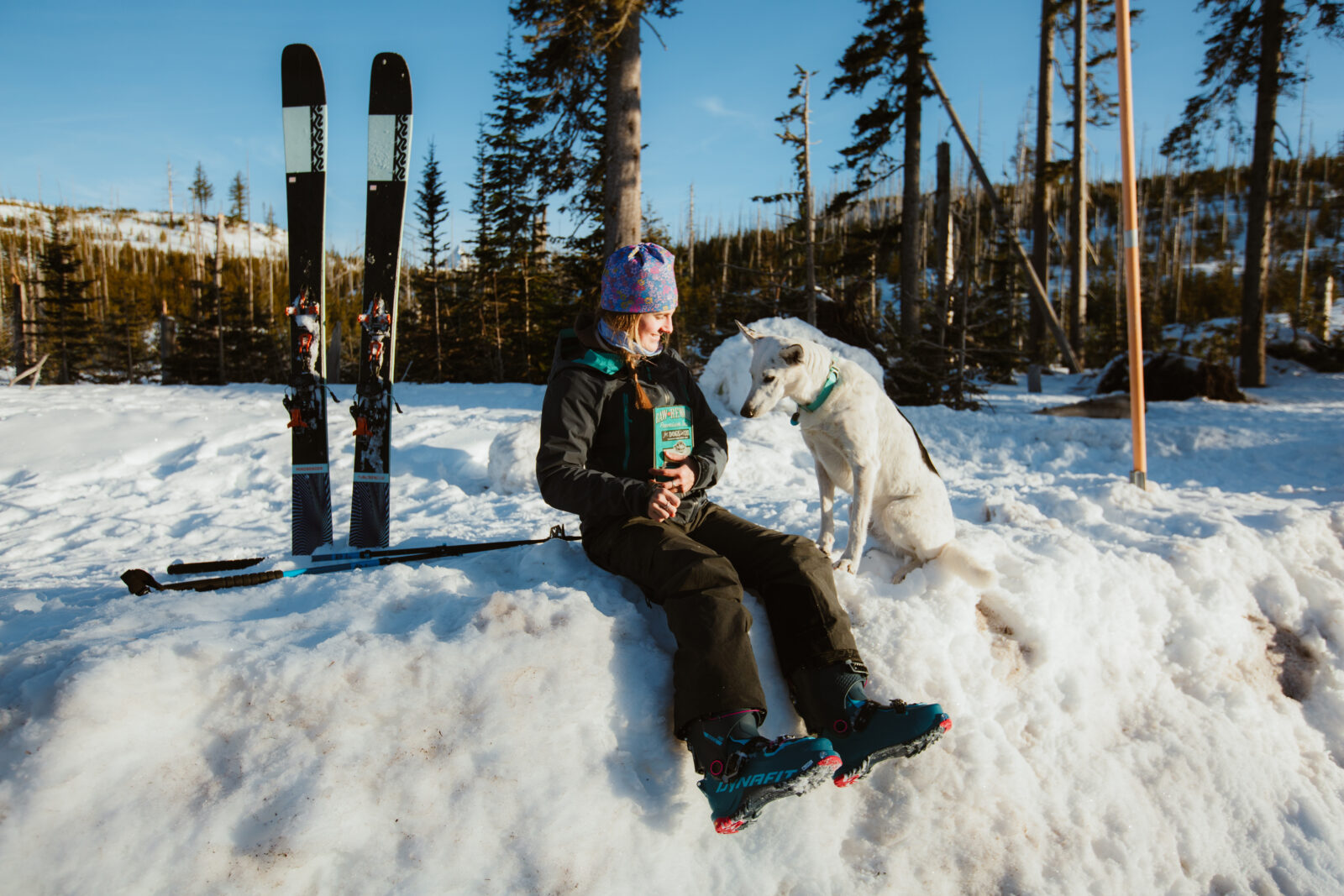
Winterizing our Cats and Dogs
If you live in a cold climate, you wouldn’t dream of driving your car in the winter without antifreeze and snow tires. Yet many of us don’t take rudimentary precautions with our beloved pets when the temperatures turn icy. I am going to assume that most of us reading this article have indoor cats and dogs, but if you are feeding stray cats, working dogs, or taking your dogs for marathon winter hikes you will need to provide adequate shelters and/or climate-appropriate clothing in those circumstances. For most of us, when the days darken and chill, dog walks get shorter, and kitty’s brief outdoor forays end.
Cozy Cat Corner
Ask any cat lover and they will tell you that cats love being cozy. Usually, when temperatures drop, cats are quite content to curl up on their favorite cushion and nap until interrupted by a summer sunbeam streaming through the window; and then they’ll stretch out in the sun’s radiant heat and nap some more. Of course, that’s a generalization, but cats tend to get cold quite easily and aren’t comfortable in temperatures lower than around 50 degrees. If you keep your house cool in the winter, you might want to treat your cat to a heated cat bed, off the floor, away from drafts, and maybe with an additional towel or blanket your cat can fluff around himself.
Outdoor Cats
If your cat is still going outside in the winter be sure to have a small, enclosed outdoor shelter available. Often a cardboard box protected from the elements, lined with a heat-conserving mylar blanket and covered with straw will keep your kitty happy for a short outdoor visit. Be sure and check your cat door flap for condensation as it can get frozen and trap your cat outside. Most cats develop a dense winter coat during the cold months which helps them keep warm. Interestingly, even strictly indoor cats can grow a heavy coat in the winter months.
Dogs
Compared to winterizing cats, dogs are all over the place. Many dogs were specifically bred to withstand extreme temperatures, so if you have Siberian Huskies your winter worries are less than if your pet is a Mexican Xolo. There are a plethora of different styles of dog coats and boots available that will make your winter walks more comfortable. In my area, rain gear is more useful than the heavier accessories needed for colder areas of the country, but to help you identify the needs in your particular area visit a local pet supply shop for advice. And don’t forget to add some extra padding to your dog’s bed to keep him off the chilly floor or another blanket or towel for burrowing into.
Diet is important
One cold weather suggestion that applies to cats and dogs alike is to increase the fat and protein of their meals, especially if they are going to be exposed to cold weather for any length of time. Staying warm requires more bodily energy and that energy must come from your pet’s food. For cats adding a simple pat of real butter to their meals provides needed energy. Dogs enjoy butter, too, but will need additional nourishment if their outdoor activities are more sustained. According to Chinese Traditional Medicine, some foods are more warming than others. The CTM system considers the following proteins “warming” and should be increased in the cold months: lamb, goat, venison, trout, chicken, and turkey. Fatty fish, such as salmon, is another good choice for the wintertime. Monitor your pet’s weight but remember they do need more protein and fat to maintain their health during the cold season.
Supplments to support
In the winter pets suffer more from lung problems and joint pains. Adding herbs such as Echinacea and Calendula can be helpful as both are immune-supporting and help warm and dry the lungs. For aging and achy joints try Green Lipped Mussels and Bone Broth. Green Lipped Mussels (high in natural glucosamine) and Bone Broth (high in natural collagen) both work to minimize pain and stiffness in our pet’s joints.
New year, new pet care
Yes, it is cold outside, but with a little bit of forethought and a few shelter, clothing, and dietary changes our pets should manage the dropping temperatures just fine. Winterize your pets this year and every year. They will be grateful for the extra care.